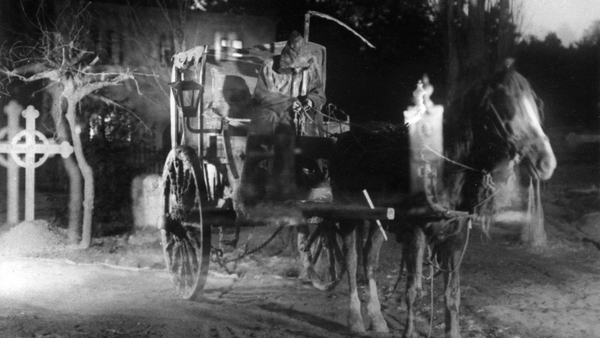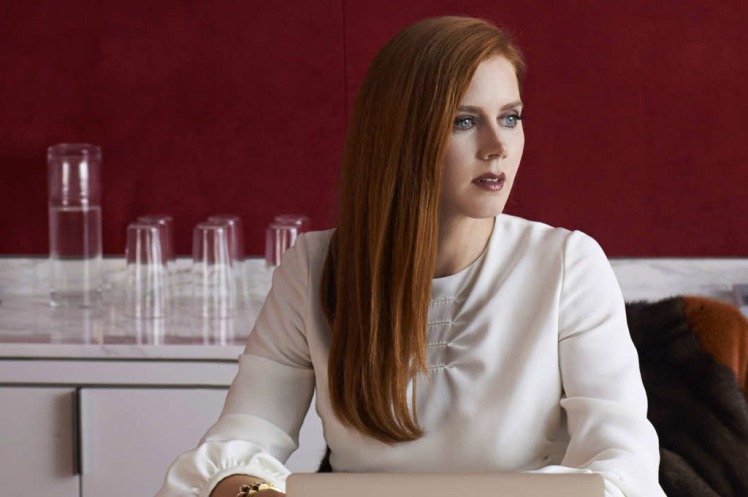Michael Mann thoughts:
I delayed commenting on Mann last night not because it was late, but because I realized I don't really know Michael Mann from Adam. Truth be told, with few exceptions--Scorsese, the Coen brothers; the Safdie brothers, Sofia Coppola--I don't really follow US directors much, if at all. With a smattering of significant exceptions, I'm usually deeply underwhelmed by the Hollywood product and the Sundance-type of movie doesn't usually thrill me either. So I had zero position on Mann last night, call it benign neglect, until I looked him up. Now I have a position: I think he is at best a hack with a trickle of good movies--Thief; The Insider; Collateral--and, at worst, a bad director, certainly a superficial one. Movies of his that it turns out that I have seen have almost all been bombs in my opinion--The Last of the Mohicans; Heat; Ali; Miami Vice; Public Enemies; Black Hat. There's not a movie among those that I think any number of Hollywood directors couldn't have done a better job on--assuming they accepted the scripts in the first place, which is a massively big assumption.
I have not seen Manhunter, but I will pick it up
I delayed commenting on Mann last night not because it was late, but because I realized I don't really know Michael Mann from Adam. Truth be told, with few exceptions--Scorsese, the Coen brothers; the Safdie brothers, Sofia Coppola--I don't really follow US directors much, if at all. With a smattering of significant exceptions, I'm usually deeply underwhelmed by the Hollywood product and the Sundance-type of movie doesn't usually thrill me either. So I had zero position on Mann last night, call it benign neglect, until I looked him up. Now I have a position: I think he is at best a hack with a trickle of good movies--Thief; The Insider; Collateral--and, at worst, a bad director, certainly a superficial one. Movies of his that it turns out that I have seen have almost all been bombs in my opinion--The Last of the Mohicans; Heat; Ali; Miami Vice; Public Enemies; Black Hat. There's not a movie among those that I think any number of Hollywood directors couldn't have done a better job on--assuming they accepted the scripts in the first place, which is a massively big assumption.
I have not seen Manhunter, but I will pick it up
Last edited:




